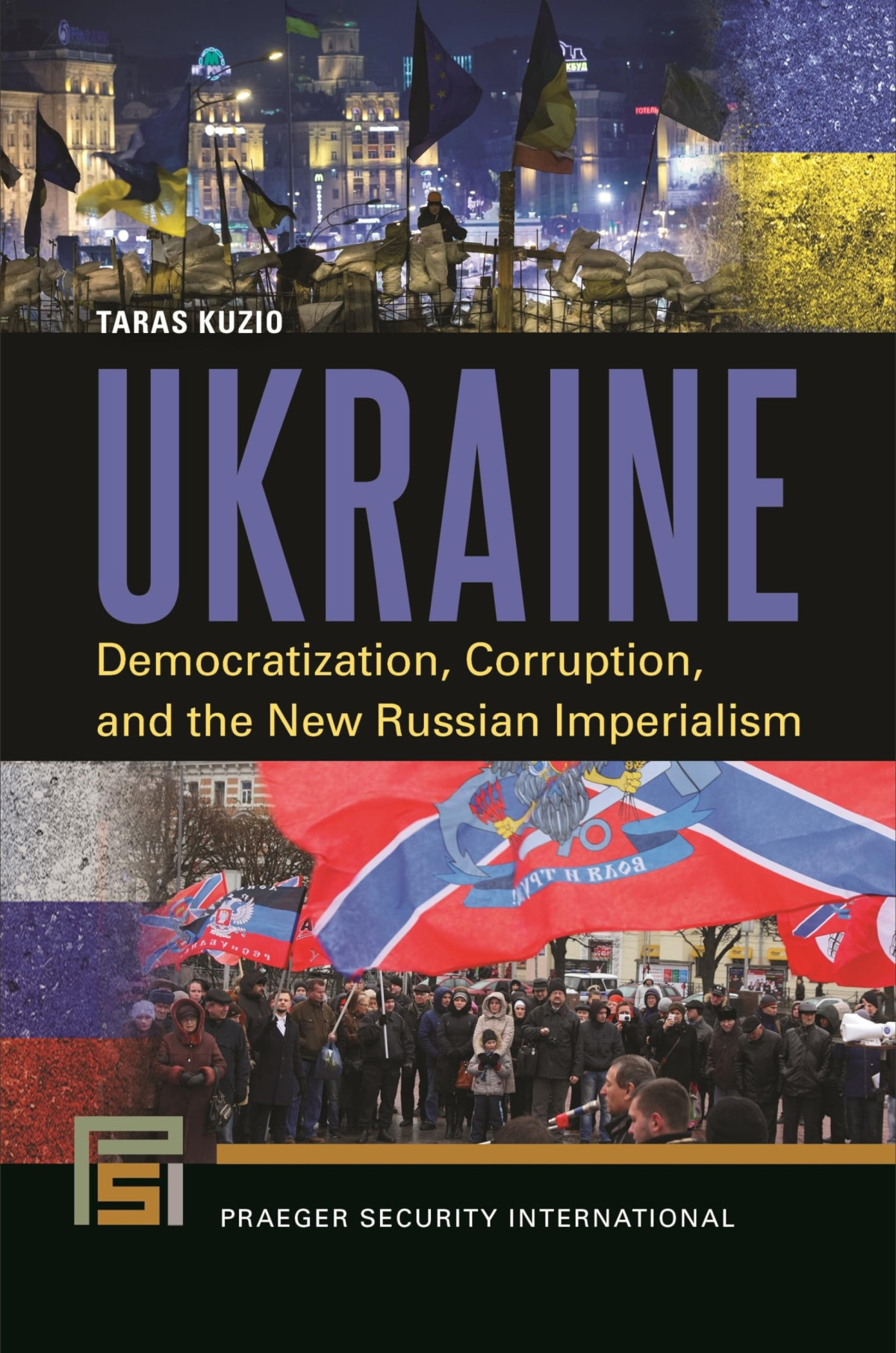

Most ebook files are in PDF format, so you can easily read them using various software such as Foxit Reader or directly on the Google Chrome browser.
Some ebook files are released by publishers in other formats such as .awz, .mobi, .epub, .fb2, etc. You may need to install specific software to read these formats on mobile/PC, such as Calibre.
Please read the tutorial at this link: https://ebookbell.com/faq
We offer FREE conversion to the popular formats you request; however, this may take some time. Therefore, right after payment, please email us, and we will try to provide the service as quickly as possible.
For some exceptional file formats or broken links (if any), please refrain from opening any disputes. Instead, email us first, and we will try to assist within a maximum of 6 hours.
EbookBell Team

4.1
100 reviewsUkraine dominated international headlines as the Euromaidan protests engulfed Ukraine in 2013-2014 and Russia invaded the Crimea and the Donbas, igniting a new Cold War. Written from an insider's perspective by the leading expert on Ukraine, this book analyzes key domestic and external developments and provides an understanding as to why the nation's future is central to European security. In contrast with traditional books that survey a millennium of Ukrainian history, author Taras Kuzio provides a contemporary perspective that integrates the late Soviet and post-Soviet eras.
The book begins in 1953 when Soviet leader Joseph Stalin died during the Cold War and carries the story to the present day, showing the roots of a complicated transition from communism and the weight of history on its relations with Russia. It then goes on to examine in depth key aspects of Soviet and post-Soviet Ukrainian politics; the drive to independence, Orange Revolution, and Euromaidan protests; national identity; regionalism and separatism; economics; oligarchs; rule of law and corruption; and foreign and military policies.
Moving away from a traditional dichotomy of good pro-Western" and "bad pro-Russian" politicians, this volume presents an original framework for understanding Ukraine's history as a series of historic cycles that represent a competition between mutually exclusive and multiple identities. Regionally diverse contemporary Ukraine is an outgrowth of multiple historical Austrian-Hungarian, Polish, Russian, and especially Soviet legacies, and the book succinctly integrates these influences with post-Soviet Ukraine, determining the manner in which political and business elites and everyday Ukrainians think,
…